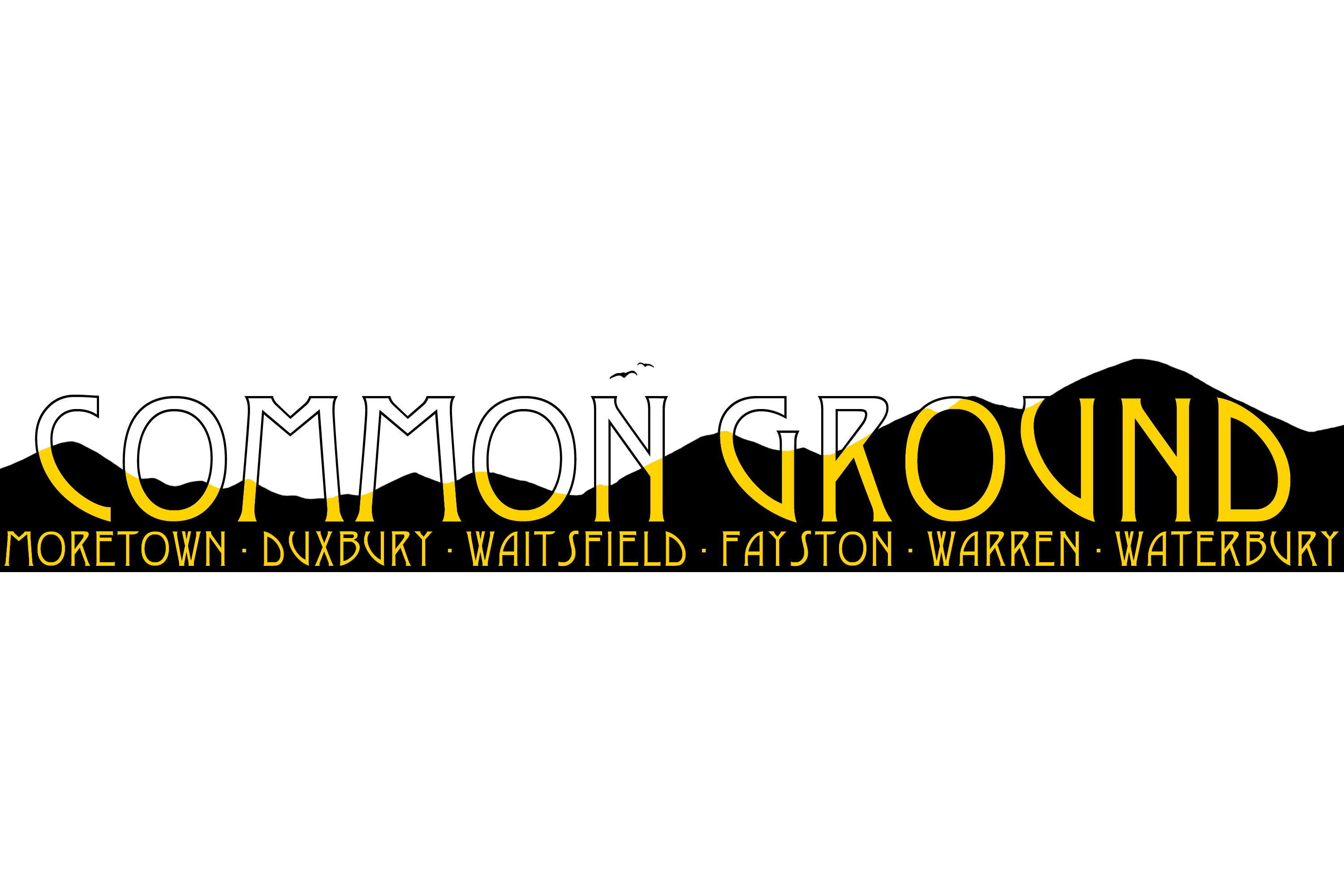It isn’t news to us that Earth has started to warm at an alarming rate, but we don’t always think about how it’s directly impacting us. Vermont has been in a sort of golden zone for years, missing the larger effects of climate change. However, this past summer it became a lot more real to Vermont when we were hit with several natural disasters. From the hazy skies filled with smoke from Canada, to the horrific floods that struck Central Vermont. What will climate change bring to Vermont in the future?
To gain some knowledge about this subject, I spoke to Susannah Cowden, a science teacher at Harwood. “When I think about climate change I think about all the different components of earth’s systems that are shifting… the rising temperatures, the increase in energy and storms, the fires and droughts, and changing sea levels and all the different pieces that come from the changing temperatures.”
When looking back to old weather records, it’s easy to think that maybe climate change isn’t as prominent as we believe. We’ve had big weather events before climate change was a concept, right? According to Cowden “It’s hard to parse out the difference between weather, which are our singular events, and the climate, which are the general trends. But we do know that as the air holds moisture we can get these bigger storms.”
When it comes to the direct effects on Vermont, I asked Ms. Cowden what she predicted we would see within our lifetimes. “I think it really depends on what actions we take as individuals, and communities, and society as a whole, and globally, but I think we are already starting to see some of our key industries and lifestyles being affected.” She named sugaring, foliage, and ski season as three of these key industries that are affected.
So what will happen if these industries are harmed by climate change? These industries are all important to our community as more than just entertainment and hobbies. Ski season and foliage season both pull in a lot of tourists which is incredibly important to the Mad River Valley’s economics. VT Digger makes the headline “A Brutal year for Vermont’s ski industry: Losses estimated at $100 million.” With skier traffic, the valley makes money on gas, hotels, restaurants, and more. Depleting snow conditions causes many to seek the snow elsewhere. Without these skiers the valley loses necessary money. Industries like skiing have a huge impact on the community, and losing those industries or even shortening the seasons could be detrimental to the Valley and our community.
So how can we reduce our impact? How do we prevent the issue from worsening? Ms. Cowden says, “I think we can take individual steps like thinking really strategically about our own energy consumption, and material consumption, and food locations and consumption… and then also what are our roles as voters, and policy advocates, and financial consumers on a broader scale.” She says “As individuals we have tremendous impact to make and advocate for those changes.”
As a Harwood student, joining clubs that have some focus on climate change like Youth Lobby can be a great way to get involved. “The Vermont Youth lobby is a statewide group focused around amplifying youth voices around issues that they care about. The Harwood Youth lobby is a branch of that club at our school that often does slightly different work than the statewide group.” says Rowan Clough, a representative of the group. “The Youth Lobby focuses on issues that affect youth, [and] because of this we have had a heavy focus on climate in the past and will likely continue to in the future.” While the Youth Lobby does not solely focus on climate change, it is a way for students to help solve the problem. Youth Lobby meets in Mr. Henchen’s room during ELO 1 on Fridays. Rowan says, “To join the Harwood Youth Lobby, just show up to meetings!”
Climate Change is a daunting issue for all of us. Changing our habits may seem insignificant, but it makes as big an impact as any. Actively choosing to reduce your carbon footprint can be as simple as using a reusable water bottle or carpooling to places instead of driving yourself. As Vermont starts to feel the effects of climate change, we realize now more than ever that it is up to us to reverse those effects. Every little thing we do to reduce our own carbon emissions adds up. Like Ghandi so famously said, “Be the change you wish to see in the world.”





